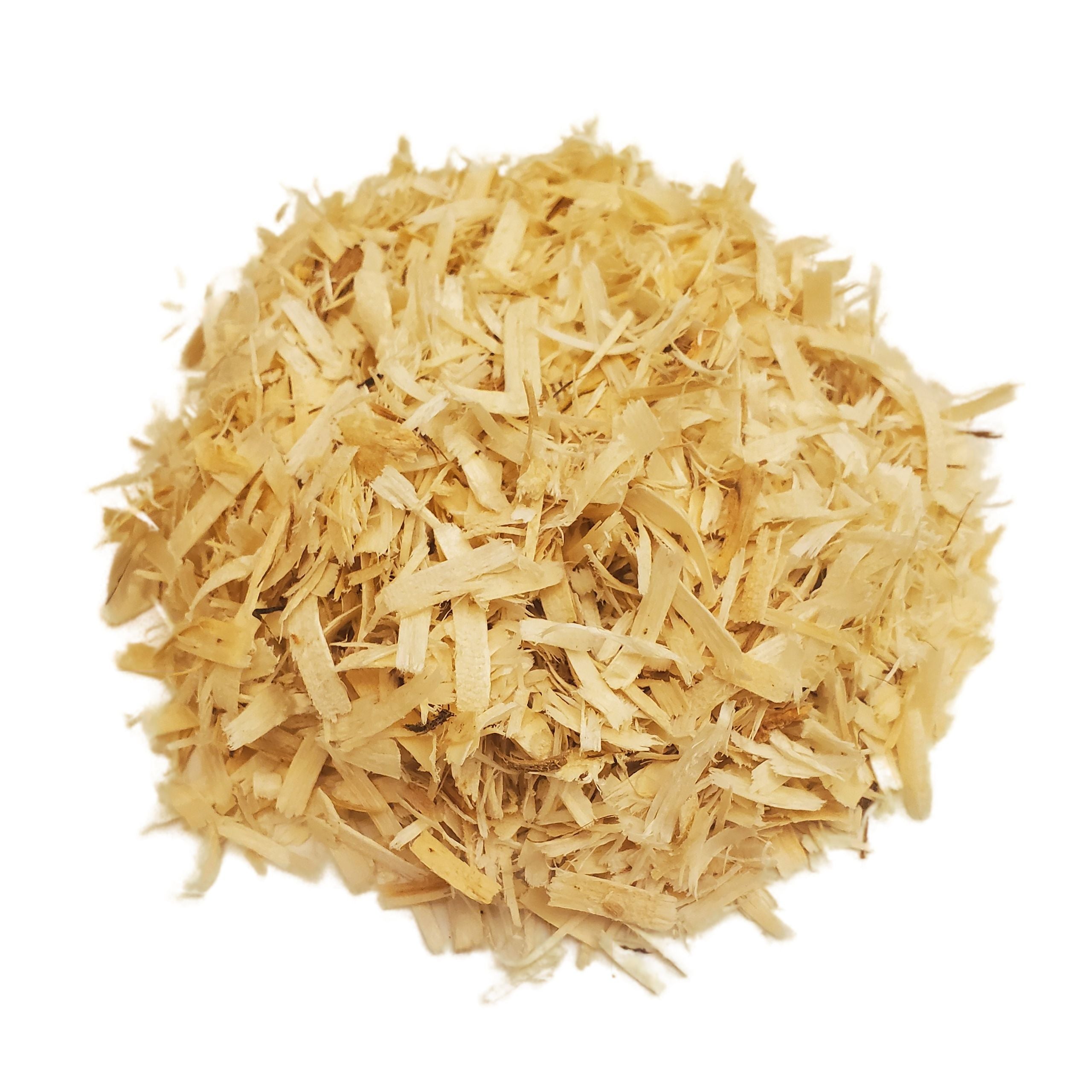Gardening is not just a hobby; it's a science. To truly make the most out of your garden, you need to understand the principles behind plant growth, soil health, and environmental factors. By following these expert tips, you can ensure that your garden thrives and produces bountiful harvests.
What are the Best Plants for Beginners?
For novice gardeners, it's essential to start with plants that are easy to grow and maintain. Vegetables like tomatoes, lettuce, and peppers are great choices for beginners. These plants are resilient and forgiving, making them perfect for those just starting out.
How Can You Improve Soil Quality?
The key to a successful garden lies in the quality of your soil. To improve soil health, consider adding organic matter like compost or manure. These materials provide essential nutrients to your plants and help retain moisture in the soil. Regularly testing your soil's pH levels can also help you make necessary adjustments for optimal plant growth.
What is the Importance of Proper Watering?
Watering is a critical aspect of gardening that is often overlooked. Overwatering can lead to root rot, while underwatering can cause plants to wither and die. It's essential to water your plants consistently and deeply, ensuring that the roots receive adequate moisture. Consider investing in a drip irrigation system to deliver water directly to the roots, promoting healthy growth.
How Can You Protect Your Garden from Pests?
Pests can wreak havoc on your garden if left unchecked. To protect your plants from pests, consider using natural remedies like neem oil or introducing beneficial insects like ladybugs. Additionally, practicing crop rotation and companion planting can help deter pests and promote a healthy ecosystem in your garden.
What are the Benefits of Mulching?
Mulching is a simple yet effective way to improve your garden's health. Mulch helps retain moisture in the soil, suppresses weeds, and regulates soil temperature. Organic mulches like straw or wood chips also break down over time, adding valuable nutrients to the soil. By mulching your garden beds, you can create a thriving environment for your plants to flourish.
By implementing these expert tips, you can take your gardening skills to the next level and create a vibrant and productive garden. Remember, gardening is a journey of continuous learning and experimentation. With dedication and patience, you can cultivate a garden that not only sustains you but also brings you joy and fulfillment.

0 comments